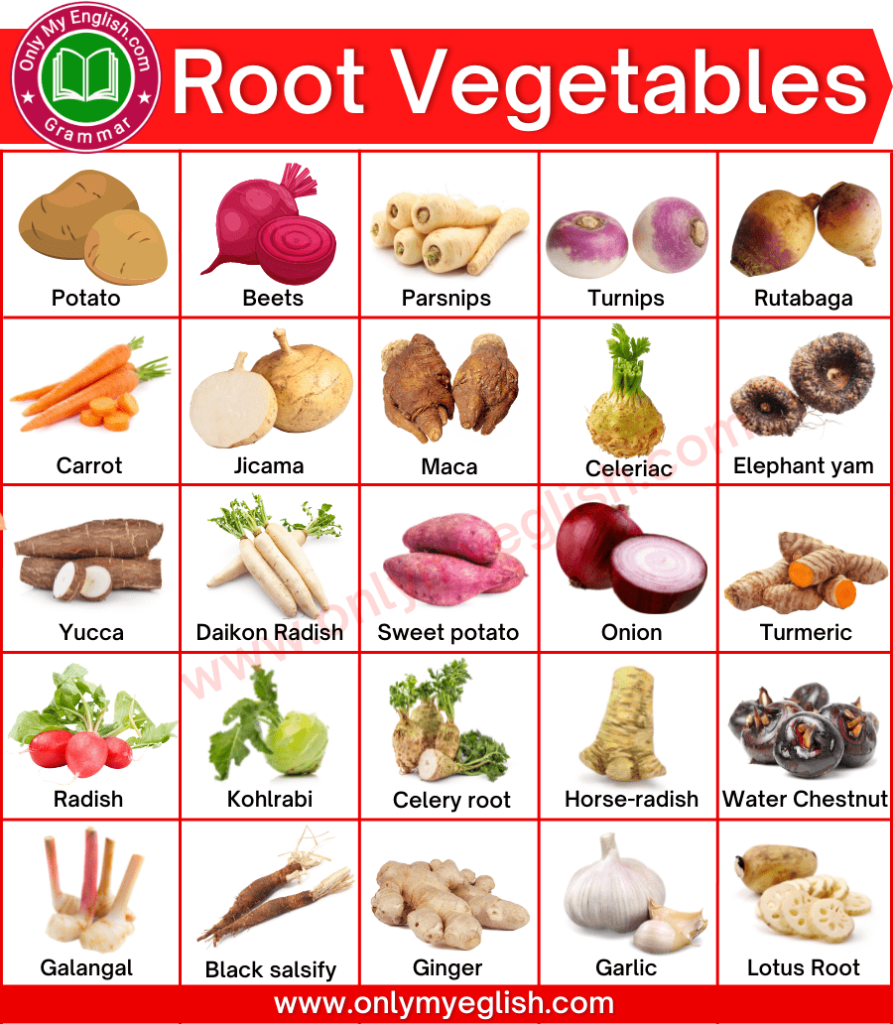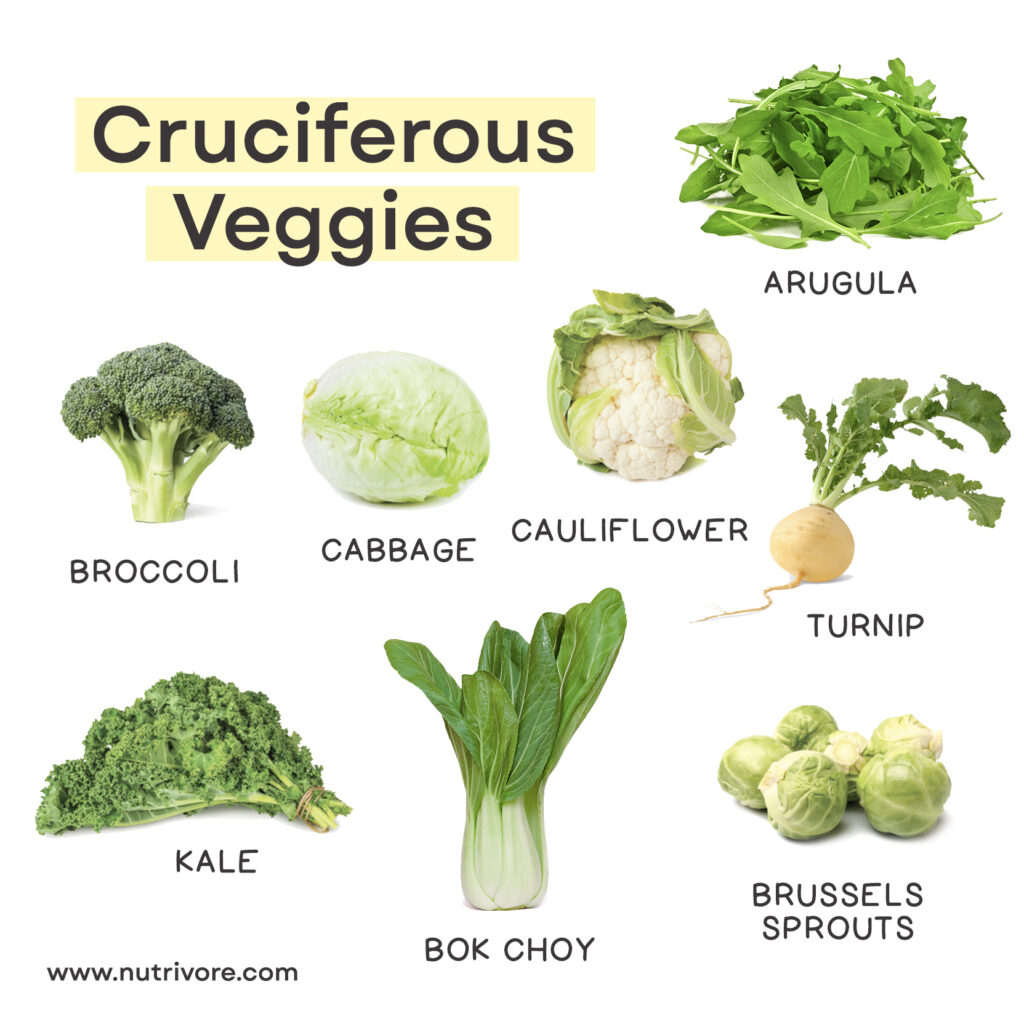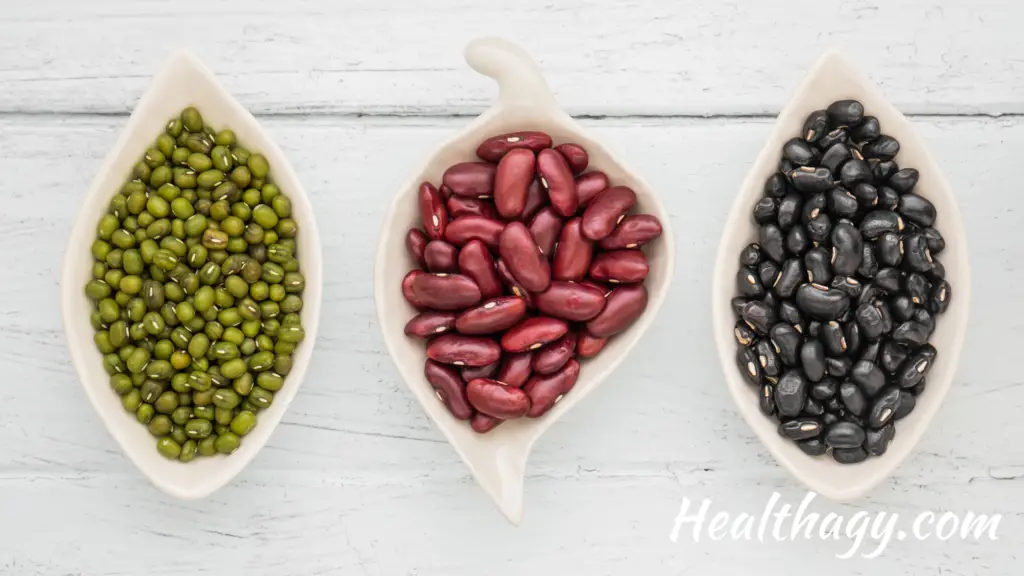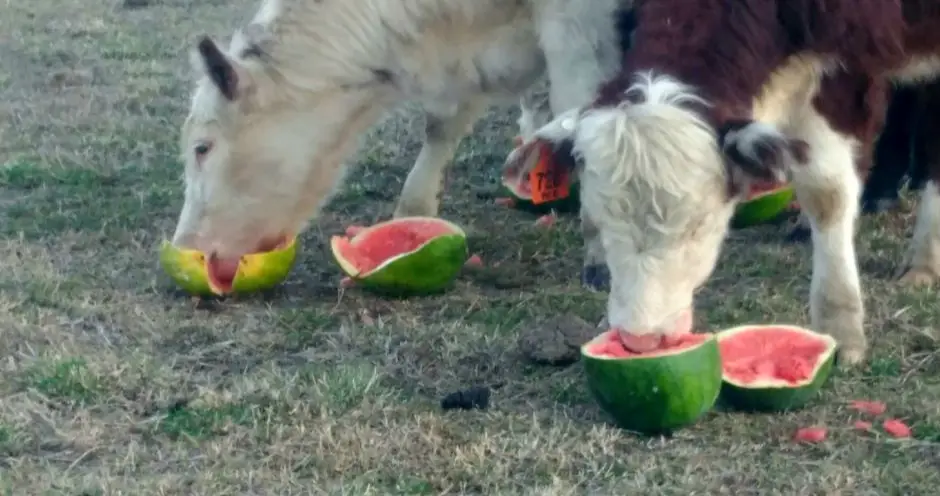When it comes to the dietary preferences of cows, their herbivorous nature opens up a world of vegetable options. While grass is their primary source of nutrition, cows can also enjoy a variety of vegetables that provide essential nutrients and add diversity to their diet. In this article, we’ll delve into the vegetable kingdom and explore what vegetables cows can safely consume. From leafy greens to root vegetables, we’ll uncover the culinary delights that keep our bovine friends happy and healthy.

The Herbivorous Appetite: What Cows Eat
Cows are natural herbivores, and their digestive systems are specifically designed to process plant-based foods. While grass forms the core of their diet, including both fresh pasture and hay, they can also derive nourishment from a range of vegetables, adding diversity and essential nutrients to their meals.
Exploring Vegetable Options for Cows
In addition to grass, offering cows a variety of vegetables can be beneficial for their overall health and well-being. These vegetable choices provide additional vitamins, minerals, and fiber, supporting the cows’ nutritional needs.
Balancing Nutrition and Taste
When selecting vegetables for cows, it’s important to strike a balance between nutritional value and palatability. While some vegetables offer exceptional nutritional benefits, cows may have varying taste preferences. Understanding which vegetables are safe and appealing to cows ensures a harmonious combination of health and flavor.
Leafy Greens

Leafy Greens: A Nutrient-Rich Feast for Cows
Subtitle: The Power of Green in Bovine Nutrition
Leafy greens are a valuable addition to a cow’s diet, providing an array of essential nutrients such as vitamins, minerals, and antioxidants. These verdant delights contribute to healthy digestion, immune support, and overall well-being for our bovine friends.
Root Vegetables

Root Vegetables: Underground Treasures for Cows
Subtitle: Digging into the Deliciousness of Roots
Root vegetables offer a delicious and energy-rich option for cows. With their high carbohydrate content, these subterranean wonders provide a sustainable source of energy while offering various vitamins and minerals that support the cows’ growth and vitality.
Cruciferous Vegetables

Cruciferous Vegetables: Providing a Healthy Crunch to Cows
Subtitle: Brassicas and Beyond in the Bovine Menu
Cruciferous vegetables, such as broccoli, cauliflower, and kale, offer a delightful crunch and a range of health benefits for cows. These members of the Brassicaceae family provide essential nutrients, including antioxidants and phytochemicals, helping to fortify the cows’ immune system and promoting optimal health.
Legumes and Beans

Legumes and Beans: Protein-Packed Goodness for Cows
Subtitle: From Alfalfa to Lentils, Fueling Cows with Plant Proteins
Legumes and beans present a protein-rich option for cows, offering an alternative source of amino acids. Varieties like alfalfa and clover provide both protein and fiber, contributing to muscle development and promoting healthy digestion in cows.
Fruits and Other Treats

Fruits and Other Treats: Sweet Surprises for Cows
Subtitle: Adding Variety and Flavor to Bovine Cuisine
While fruits should be offered in moderation due to their sugar content, they can be an enjoyable treat for cows. Apples, watermelons, and other fruits provide a burst of natural sweetness and hydration, adding variety to the cows’ diet and keeping them content.
Conclusion
Offering a diverse range of vegetables to cows not only adds excitement to their diet but also enhances their overall health and nutrition. From leafy greens to root vegetables, cruciferous delights to protein-packed legumes, and occasional fruity indulgences, incorporating these vegetable options ensures a wholesome and balanced diet for our bovine companions. Remember to consider individual cows’ preferences and consult with veterinary experts for specific dietary recommendations tailored to their needs.
FAQs: Answering Your Questions about Cows’ Vegetable Consumption
Q1: Can cows eat all types of vegetables? While cows can consume various vegetables, there are certain vegetables that may be harmful or difficult for them to digest. Avoid feeding cows onions, garlic, or vegetables from the nightshade family, such as tomatoes, potatoes, and eggplants, as these can cause digestive issues. Always research specific vegetables before introducing them into a cow’s diet.
Q2: Can cows eat lettuce and other leafy greens? Yes, cows can eat lettuce and other leafy greens. However, it’s important to ensure that the greens are fresh, free from pesticides, and properly washed. Monitor their intake to prevent overconsumption, as excessive quantities of certain greens, like spinach, can interfere with calcium absorption.
Q3: Are there any vegetables cows should avoid entirely? Yes, some vegetables should be avoided. Cows should not consume avocados, which contain a compound called persin that can be toxic to them. Additionally, raw or uncooked beans, including soybeans, should not be fed to cows due to their enzyme inhibitors and potential toxic compounds. Always exercise caution and consult with professionals to ensure the safety of the cow’s diet.
Q4: Can cows eat vegetable scraps from the kitchen? Cows can consume certain vegetable scraps, but it’s important to avoid giving them spoiled or moldy leftovers. Vegetable scraps should be free from oils, spices, and seasonings that may upset the cow’s digestive system. Feed scraps in moderation and prioritize fresh and nutritionally balanced feed for their primary diet.
Q5: How can I introduce new vegetables to cows’ diets? When introducing new vegetables, it’s best to do so gradually. Start with small amounts and observe how the cows respond. Monitor for any signs of digestive upset or adverse reactions. Int
